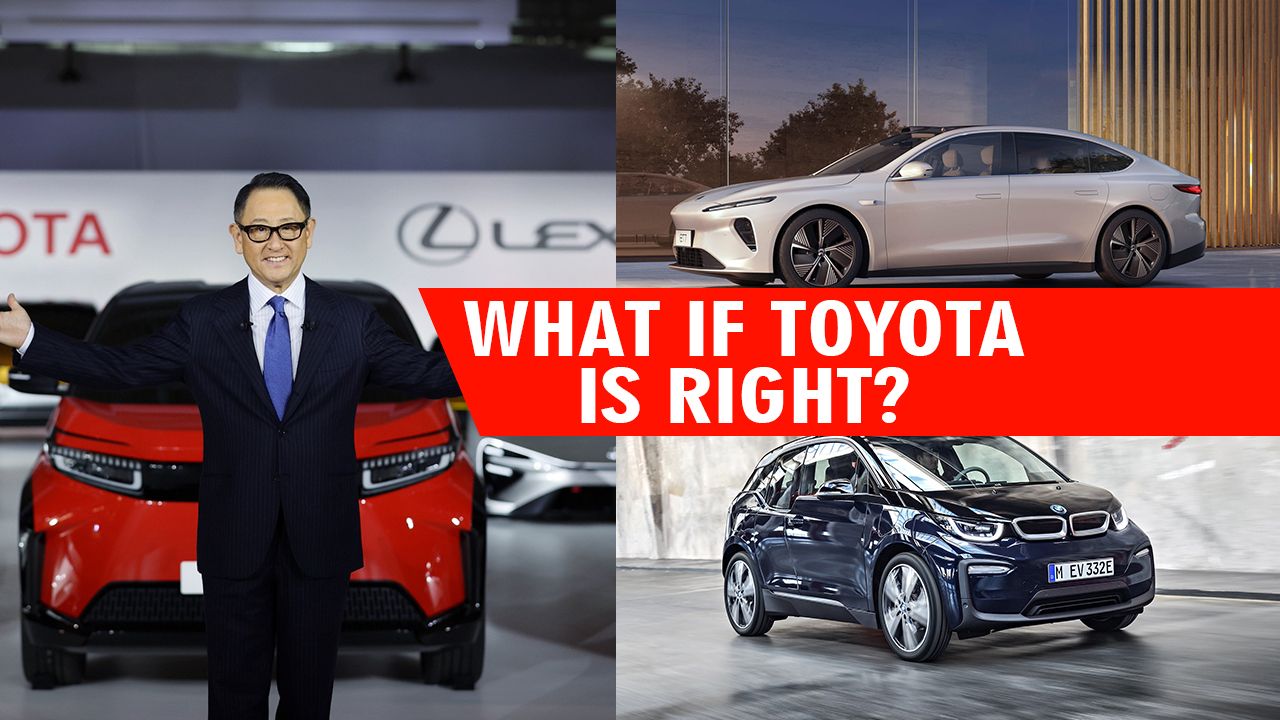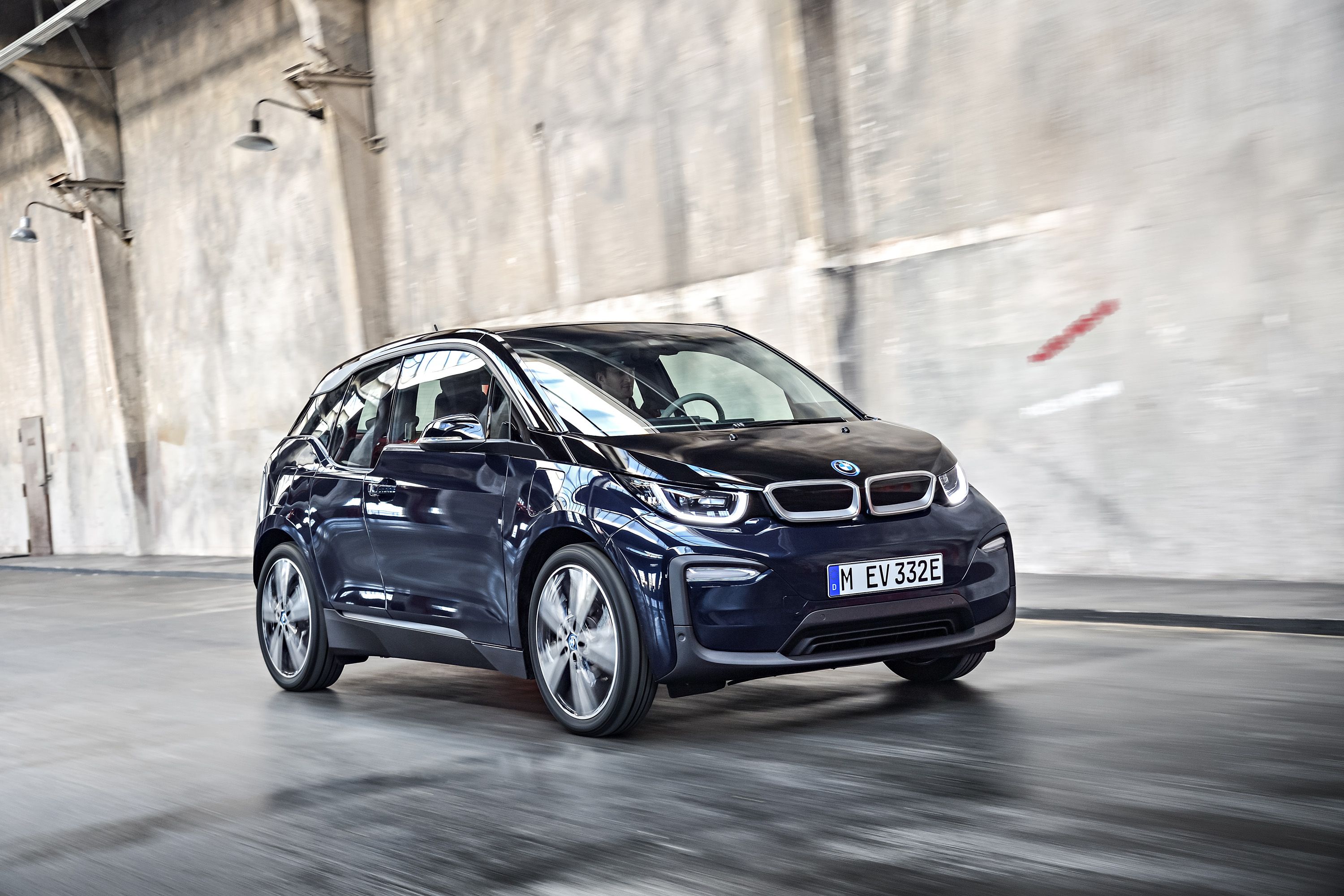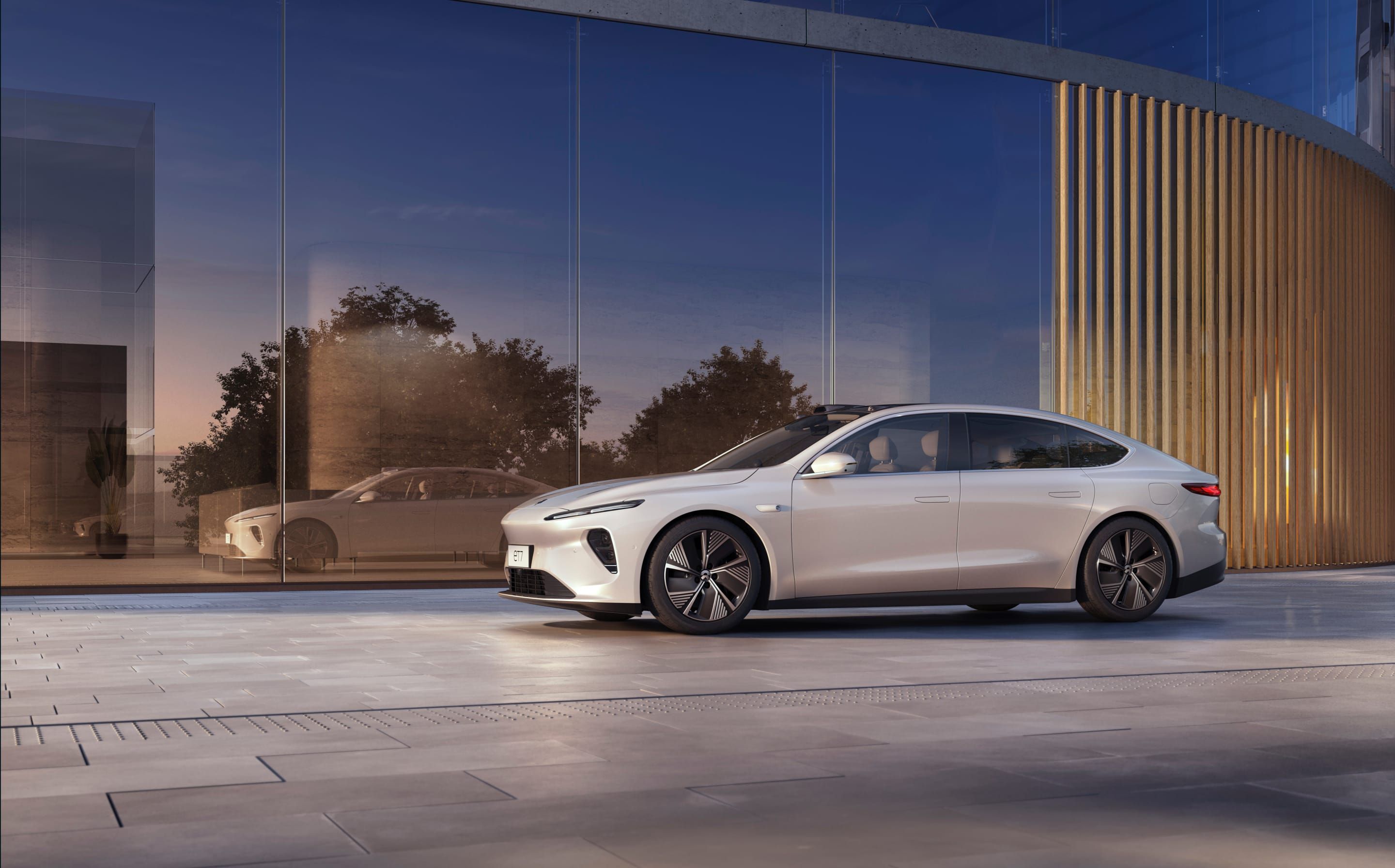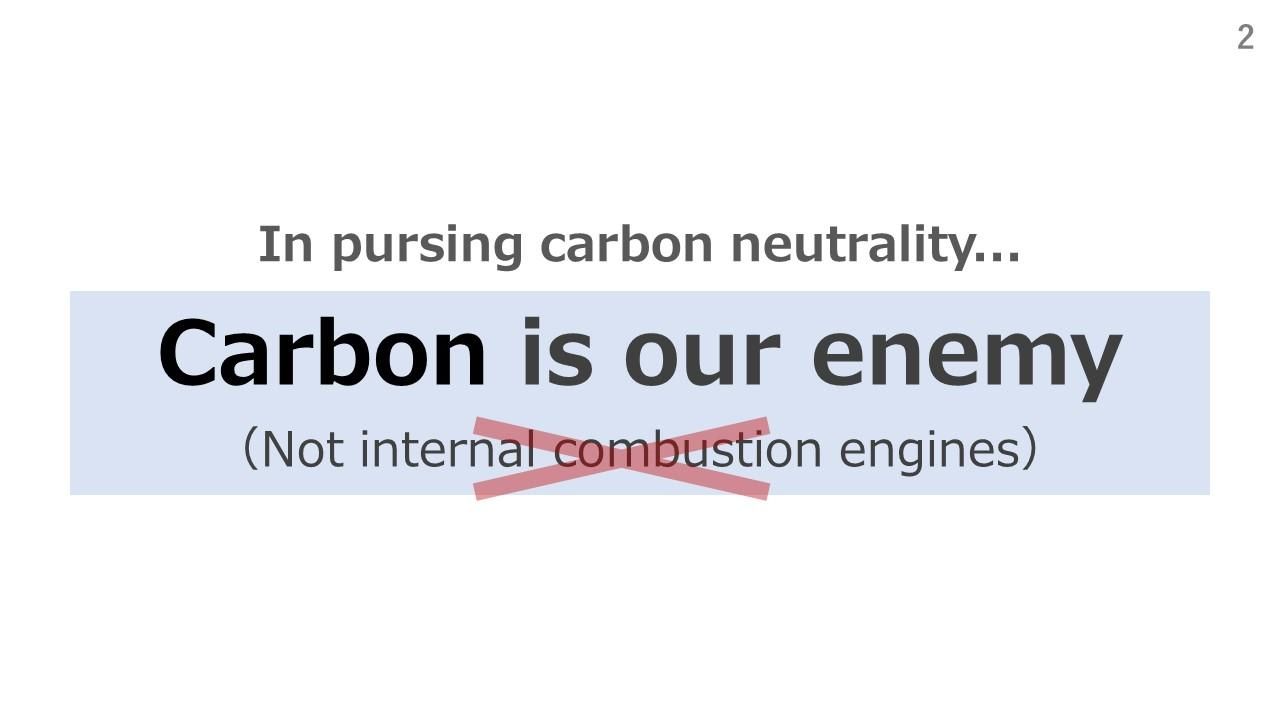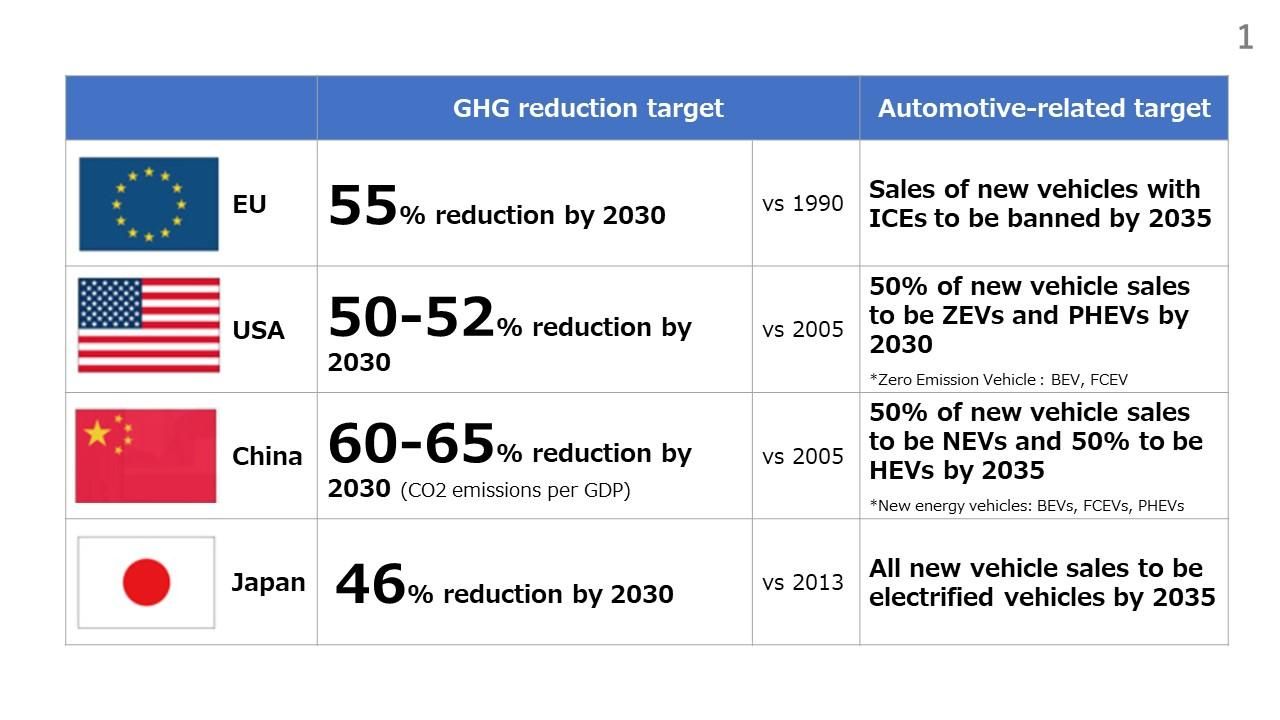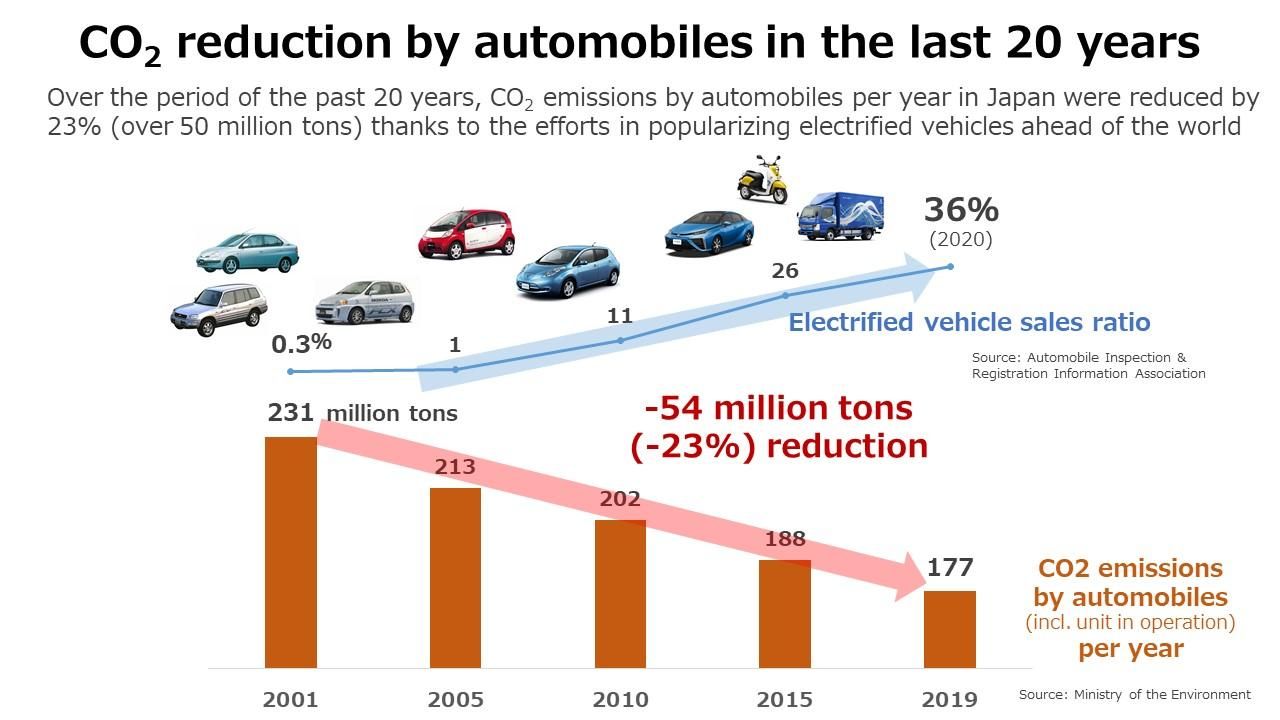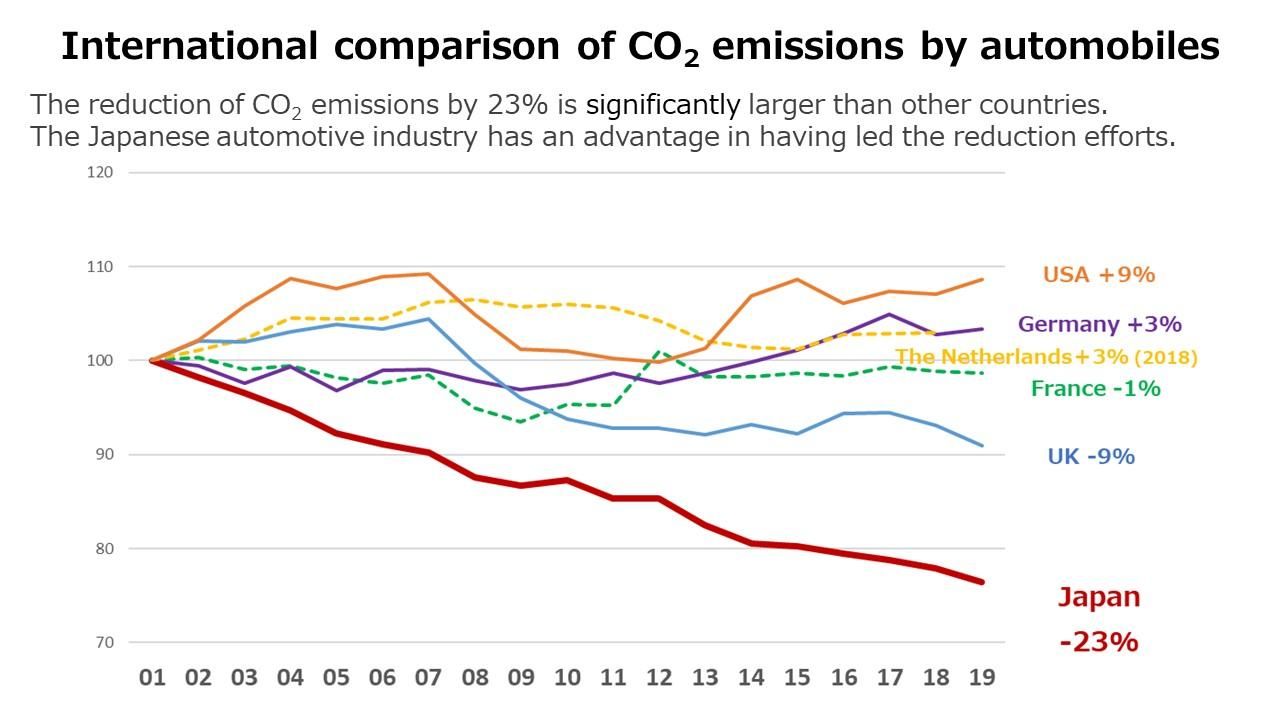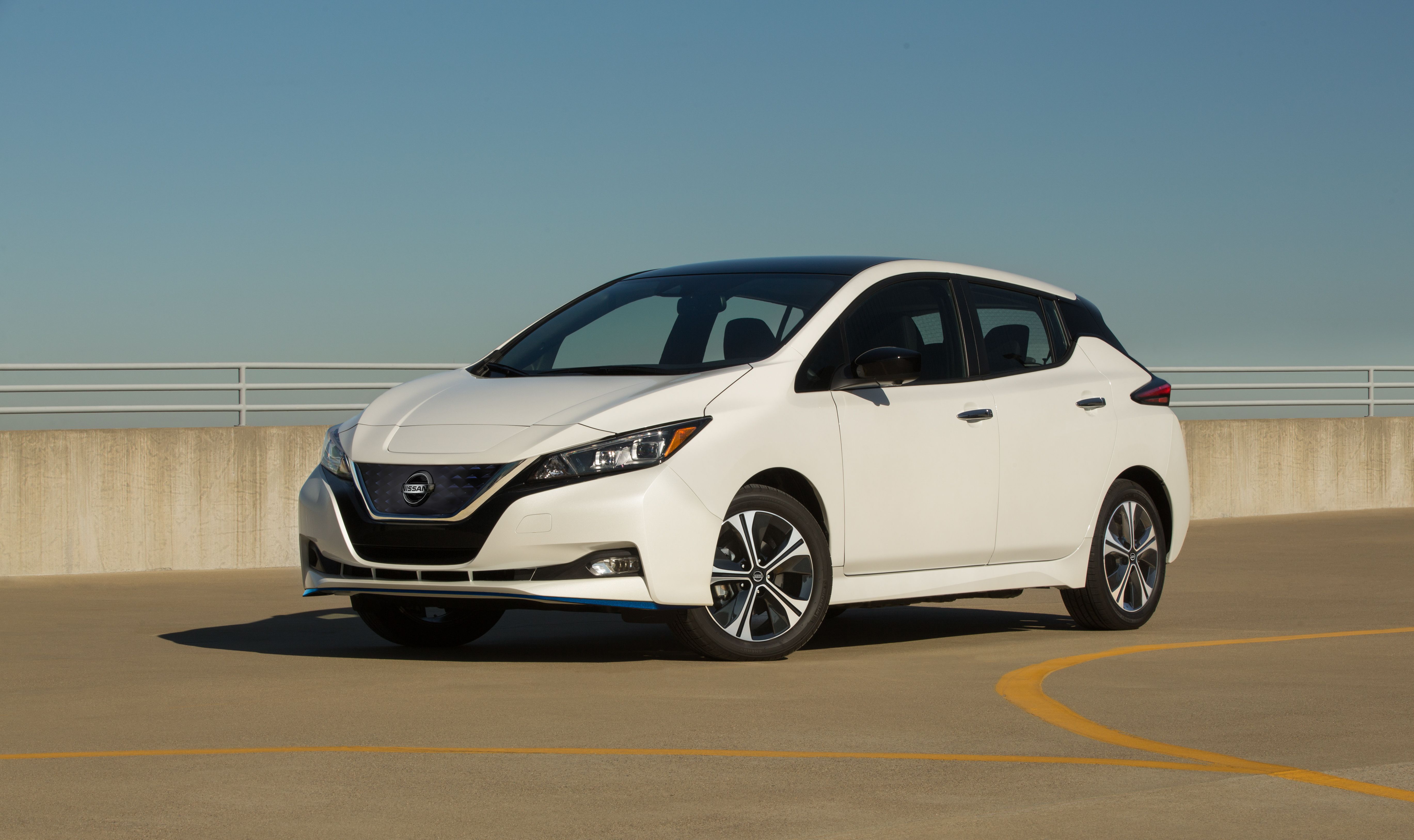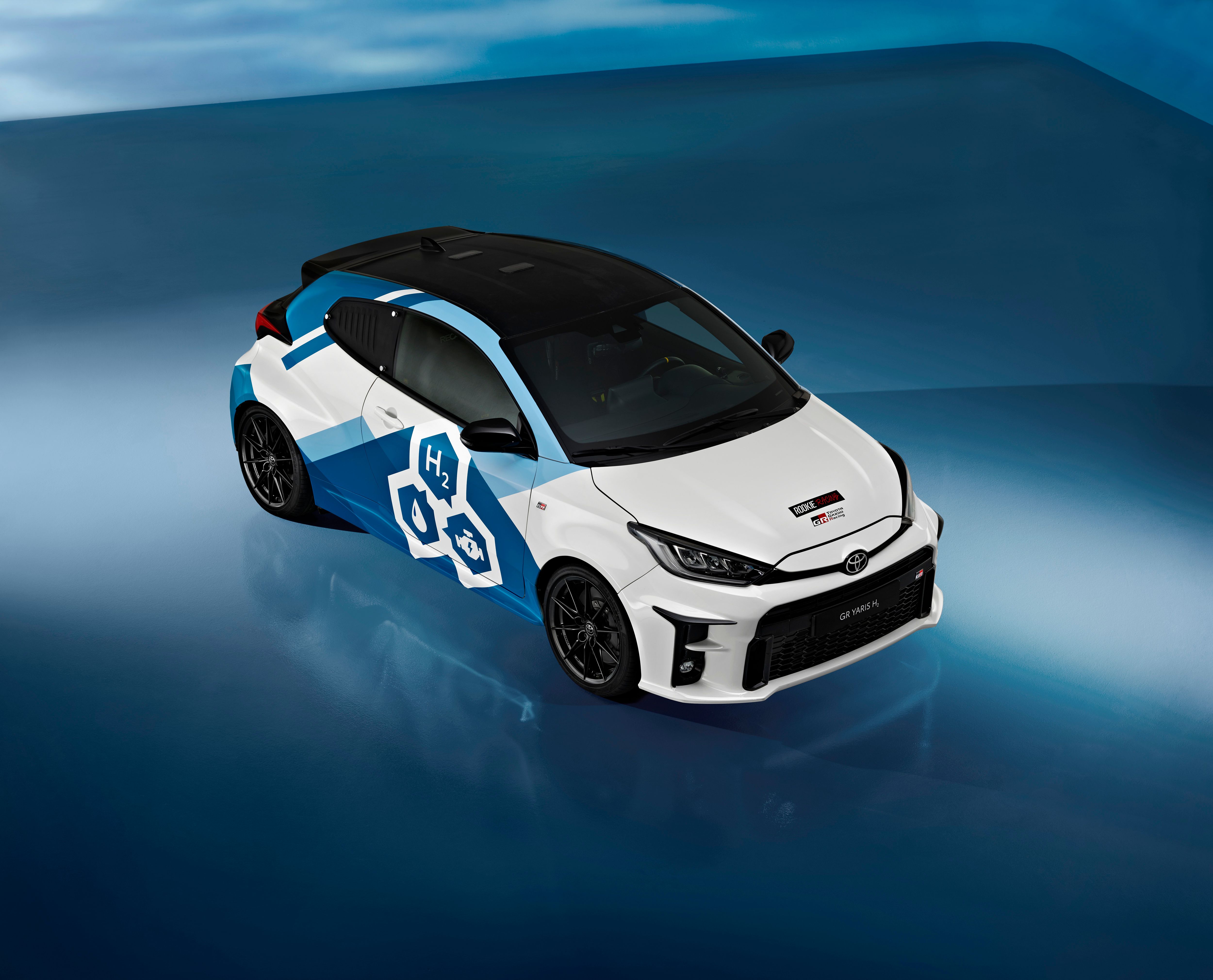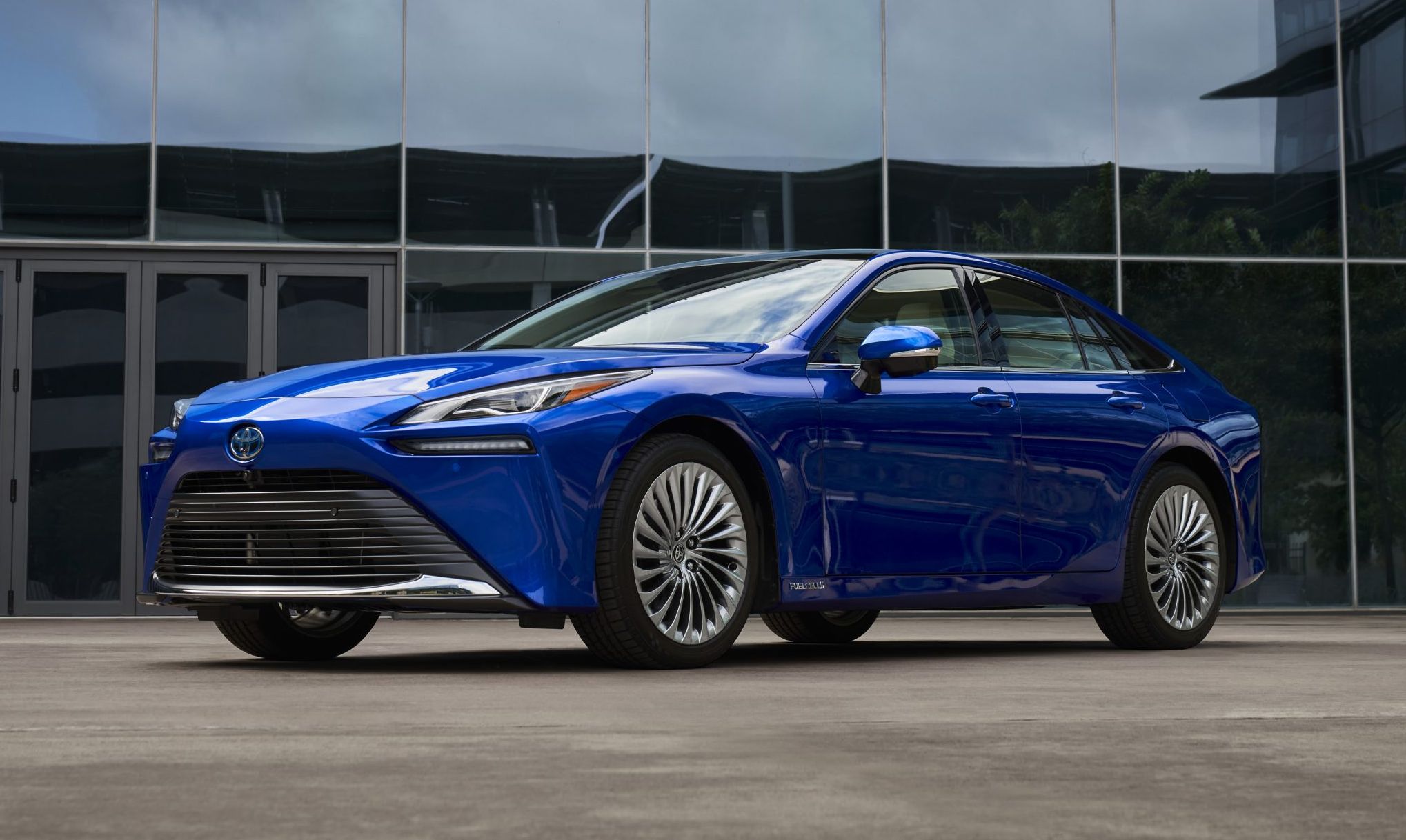Toyota Motor Corporation has been slow to adopt electric vehicles (EVs). As a matter of fact, it was only a few weeks ago when the Japanese automaker decided to unveil a plethora of EVs. To make matters even more interesting, Toyota, along with Volkswagen, did not sign the Glasgow Declaration on Zero Emission Cars and Vans, which aims to put an end to fossil-fuel cars by 2040.
All of these stories seem to make Toyota an evil corporation with no regard for climate change, or is that really the case? After all, isn't that the reason why Toyota pioneered hybrid technology for the masses with the Prius? If Toyota does not care for the planet, then they shouldn't also be the only automaker who's serious about hydrogen technology. What if for all these times, Toyota is actually right on its stance towards electric vehicles and the global policies supporting them?
Let's just clear a few things out of the way, I don't dislike EVs. If it weren't for Tesla, I would've viewed EVs to be uncool. But here's the thing, I agree with Toyota on their strategy to solve climate change. I don't think EVs are the only solution to climate change, at least with how the world currently works.
Some countries like Norway, whose adoption of plug-in vehicles is nearly 90 percent according to CleanTechnica, are a perfect place for EVs. After all, their power generation mostly comes from renewable energy. In Asia, however, a lot of countries are still dependent on fossil fuels for power generation, with China being the biggest offender despite being one of the largest markets for EVs.
Researchers from the University of Minnesota were able to determine that despite having a large number of EVs on the road, its power generating plants emit plenty of harmful particulate matter. Yes, EVs were able to reduce local pollution on street level, but far and away from cities are China's power plants. 85 percent of China's electricity production is from fossil fuels, in which about 90 percent of that is from coal. The researchers also discovered that the power generated in China to operate electric vehicles emit fine particles at a much higher rate than gasoline vehicles, albeit at a distance much further from the citizens themselves.
And then we also have developing nations like India, the majority of the ASEAN region, and a number of South American nations, whose highly-industrialized cities do not have the infrastructure to support EVs, nor do most of their population have the purchasing power to make EVs mainstream. This is where Toyota's argument comes in.
At a Japan Automobile Manufacturers Association (JAMA) press conference that was held last September 9, Toyoda-san says:
Akio Toyoda then urged Japanese leaders not to follow Europe’s path towards just EV adoption and instead opt for a multi-solution approach:
Additionally, since the Japanese auto industry through Toyota was a pioneer of hybrids, as much as 23 percent of carbon dioxide emissions by automobiles have been reduced since 2001. As of 2020, electrified vehicle sales (which consists of hybrids, plug-in hybrids, fuel cell electric vehicles, and battery electric vehicles) in Japan are at 36 percent.
This actually puts Japan far ahead of countries like the USA, Germany, the Netherlands, France, and the UK, most of whom even saw their carbon dioxide emissions from automobiles rise.
A truly innovative company is one that's able to create multiple solutions to a single global problem. If we want to reduce our carbon dioxide emissions as realistically and as feasibly as possible, telling the entire world to suddenly own an EV won't cut it. This is especially true in places where EV prices are much higher.
According to Compare the Market, an "affordable" Nissan Leaf, for instance, costs just $27,400 in the United States--a high-income country according to World Population Review, which means there's a higher percentage of their population that can afford EVs. On the other hand, in middle-income countries like the Philippines or Thailand, the Nissan Leaf costs upwards of $55,235. Suddenly forcing people from these countries to switch to an expensive EV by regulation is downright unacceptable, especially to those whose businesses and livelihoods depend on automobiles.
Apart from being expensive, most middle-income nations don't have a decent charging infrastructure and whose electricity generation is still based on fossil fuels. Toyota's upcoming hydrogen combustion engine may make a lot more sense in the short- to medium-term until these countries build a decent charging network or create incentives to make EVs more affordable.
To countries like Norway which not only has a robust charging network but also a power grid that's composed of 98 percent renewable sources based on the Norwegian government's data, selling EVs without any major carbon dioxide emissions throughout the vehicle's lifetime is absolutely feasible.
Perhaps Toyota's statement perfectly sums up what I've always wanted to point out. It's not the internal combustion engine that's our problem, but rather, it's carbon dioxide emissions. The world shouldn't just rely on and incentivize a single type of technology to solve climate change. Rather, it should be open to other innovations, and that includes Toyota's hydrogen combustion engine, hydrogen fuel cell electric vehicle (FCEV), and other potential new technologies that could even be better than all of the stuff mentioned in this article. Synthetic fuels, anyone?
No one can predict the future. The best that humans can do is forecast. What if EVs aren't the future we were hoping for? By not putting all of its eggs in one basket, Toyota's diversity will enable them to not just be flexible to what the future will be, but to be able to address carbon neutrality in a much swifter manner.

